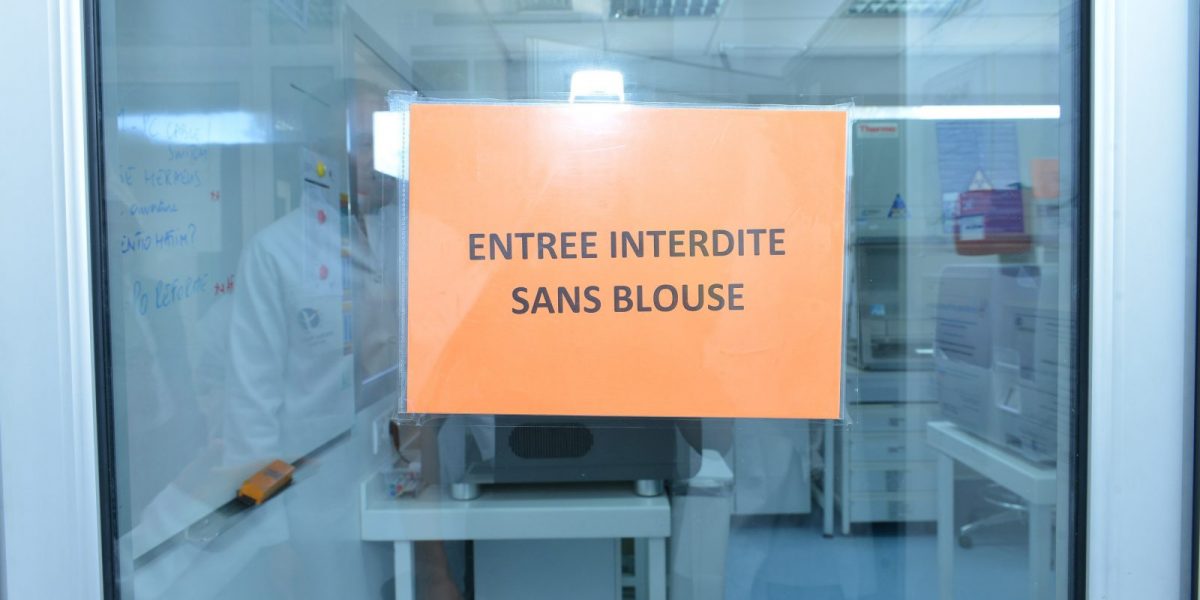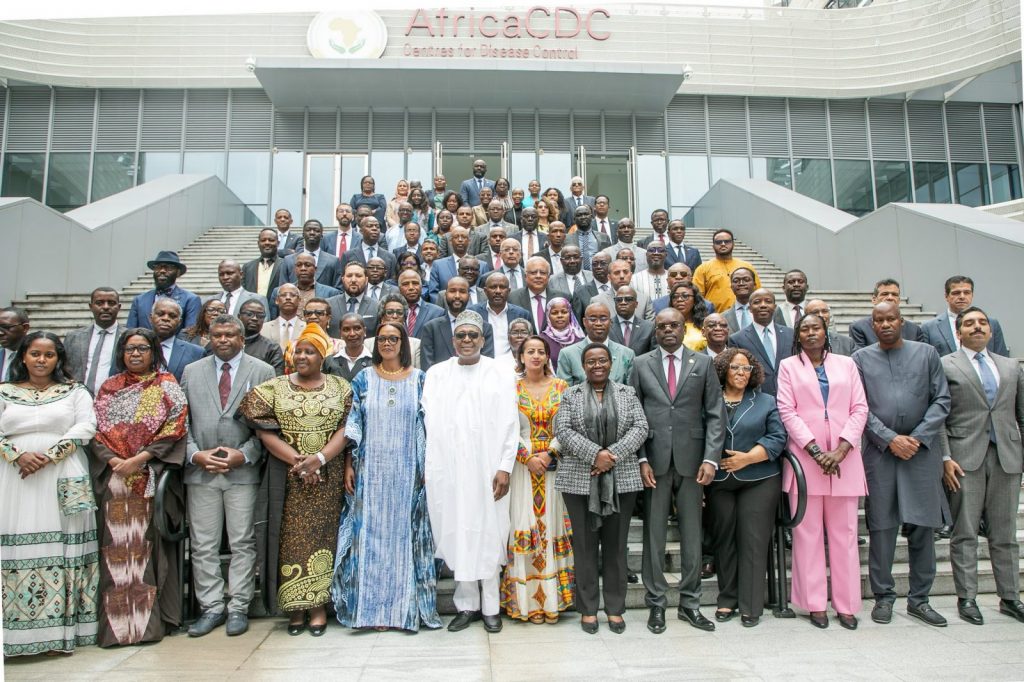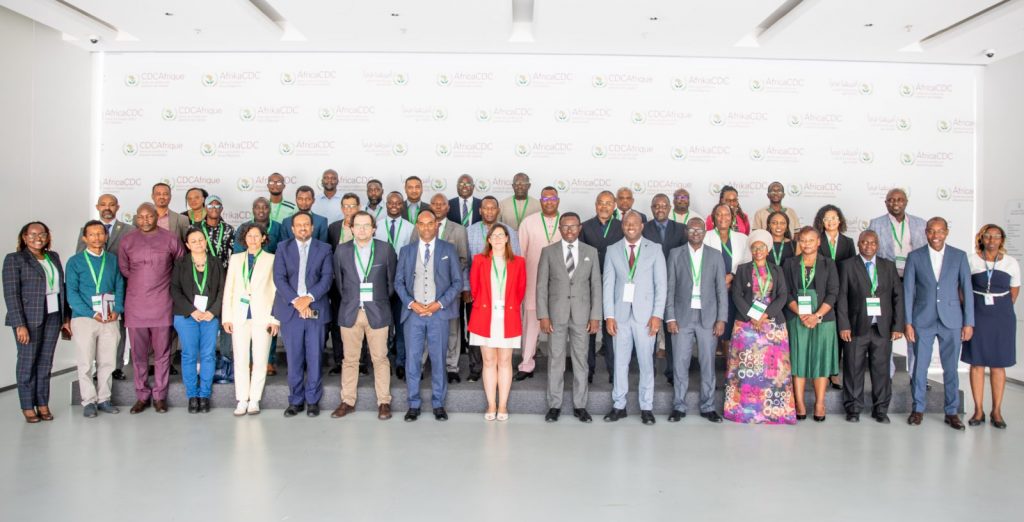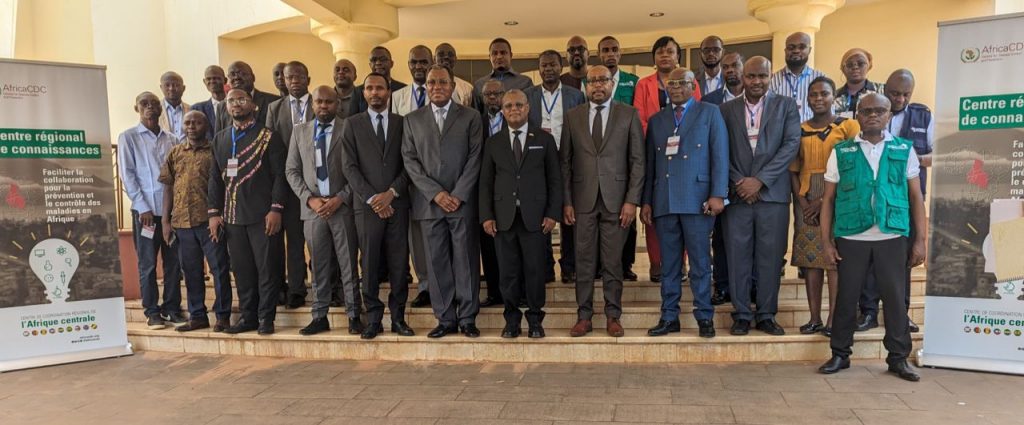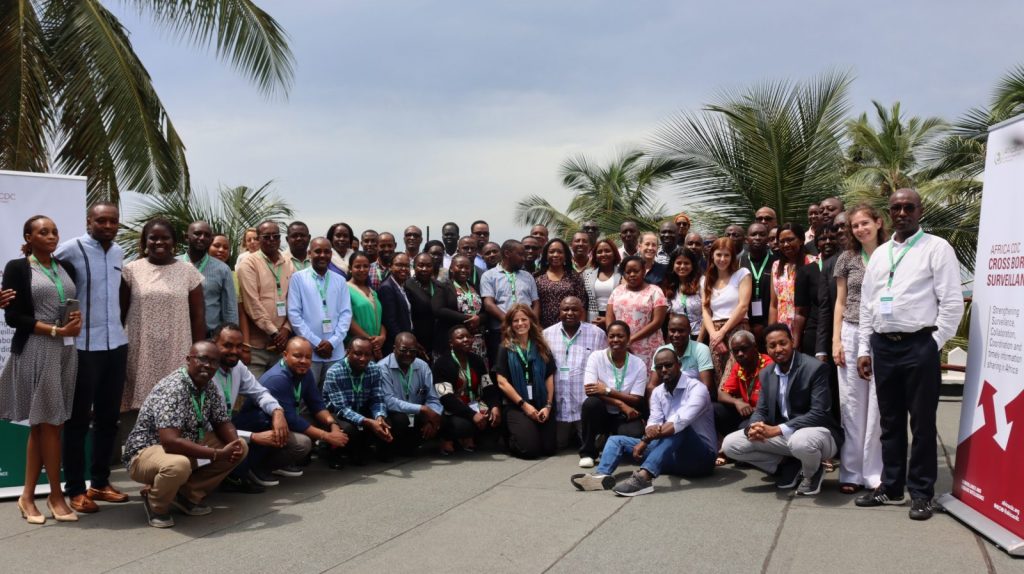The risk of a catastrophic biological event continues to be magnified by global travel, urbanization, terrorist interest in weapons of mass destruction, and rapid advances in technology, which may result in the creation and manipulation of pathogens with pandemic potential. Yet many African countries lack the capacity to deal with these threats. In April 2019, Africa CDC launched an initiative to strengthen the biosecurity and biosafety systems of African Union Member States to comply with the International Health Regulations (IHR) (2005), the Biological Weapons Convention (BWC), and United Nations Security Council Resolution (UNSCR) 1540.
Supported by the Nuclear Threat Initiative (NTI) biosecurity programme, Global Affairs Canada’s Weapons Threat Reduction Program, Open Philanthropy Project, U.S. Centers for Disease Control and Prevention, and U.S. Defense Threat Reduction Agency, the initiative will help protect Africans against the deliberate or accidental release of bacteria, viruses, or other harmful biological agents.
Under the programme, Africa CDC will work with Members States to develop a consensus list of high-consequence pathogens and agents as well as guidance documents on how to protect themselves against these pathogens. Support will be provided for the development of National Action Plans for Health Security (NAPHS), which would include an inventory of dangerous biological agents, actions required for shared responsibility, methods to better evaluate risks posed by biological research or advances in technology, and how to ensure safe transfer of biological agents. Africa CDC will support the development of tools, model legal and programme frameworks, and training materials for implementing biosafety and biosecurity initiatives at the country level.
A technical working group comprising representatives of Africa CDC and other Africa Union departments (AU-IBAR, Peace and Security, Plant Health, and Legal Departments) has been set up to oversee the effectiveness of the initiative.

